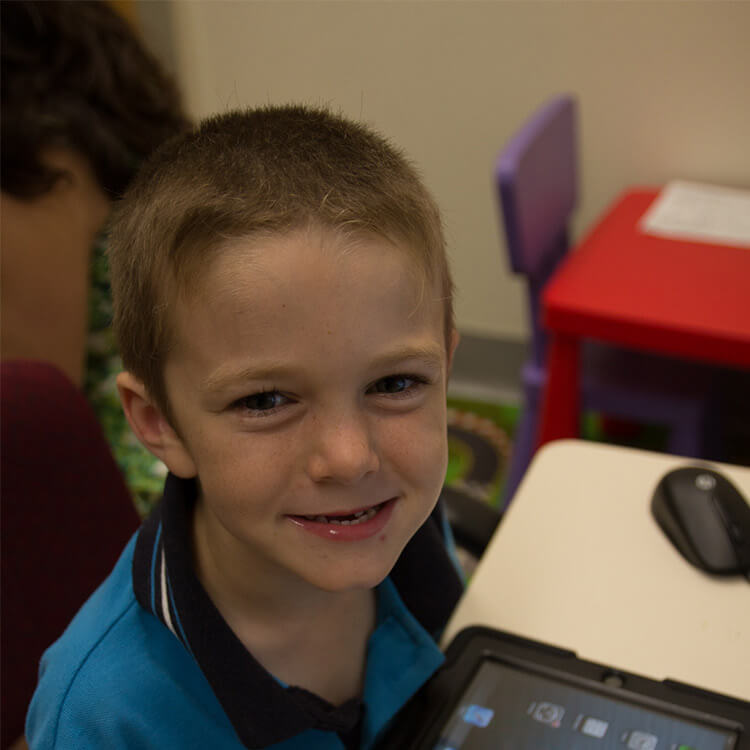Search
Showing results for "early life"
Research
Stereotypical hand movements in 144 subjects with Rett syndrome from the population-based Australian databaseStereotypic hand movements are a feature of Rett Syndrome but few studies have observed their nature systematically.
Research
Community participation for girls and women living with Rett syndromeParticipation for girls and women with Rett syndrome could be enhanced by stronger local community supports.
Research
Genotype and sleep independently predict mental health in Rett syndrome: An observational studyRett syndrome is a genetically caused neurodevelopmental disorder associated with severe impairments and complex comorbidities. This study examined predictors of anxiety and depression in Rett syndrome, including genotype.
Research
qPCR assay optimisation for a clinical study comparing oral health risk in Rett syndromeThis study aimed to validate qPCR assays for specific microbiota, for use on dental plaque samples stored on Whatman FTA cards to compare relative oral health risk in Rett syndrome.
Research
Factors influencing the attainment of major motor milestones in CDKL5 deficiency disorderThis study investigated the influence of factors at birth and in infancy on the likelihood of achieving major motor milestones in CDKL5 Deficiency Disorder (CDD). Data on 350 individuals with a pathogenic CDKL5 variant was sourced from the International CDKL5 Disorder Database.
Research
Food AllergyFood allergies have become more common in our community, with up to one in ten young children now affected. Reactions can range from mild hives to life threatening anaphylaxis and breathing difficulties. The most common food allergies are to egg, peanut, tree nuts, cow’s milk, fish, shellfish, sesame, wheat and soy.
Research
Getting creative: Using art-based techniques to identify how arts organizations enhance young people’s well-beingMental health concerns present significant challenges for Australian youth. Arts organizations play a key role in promoting preventative mental health strate-gies through enhancing the social and emotional well-being (SEWB) of youth. However, little is known about how the arts promote SEWB and the processes and contexts through which this occurs.

What would you discover to help a child? At The Kids, our researchers are committed to Autism research that makes a real difference.
Research
Development of a screening tool to identify safer biodieselsAlexander Anthony Larcombe Kicic BScEnv (Hons) PhD BSc (Hons) PhD Honorary Research Fellow Rothwell Family Fellow; Head, Airway Epithelial Research
Research
Comparing home polysomnography with transcutaneous CO2 monitoring to laboratory polysomnography in children with neuromuscular disordersClinical utility of home polysomnography in children with neuromuscular disorders is limited by lack of evidence that sleep-disordered breathing can be reliably identified and inability to diagnose hypoventilation because carbon dioxide is not measured.
